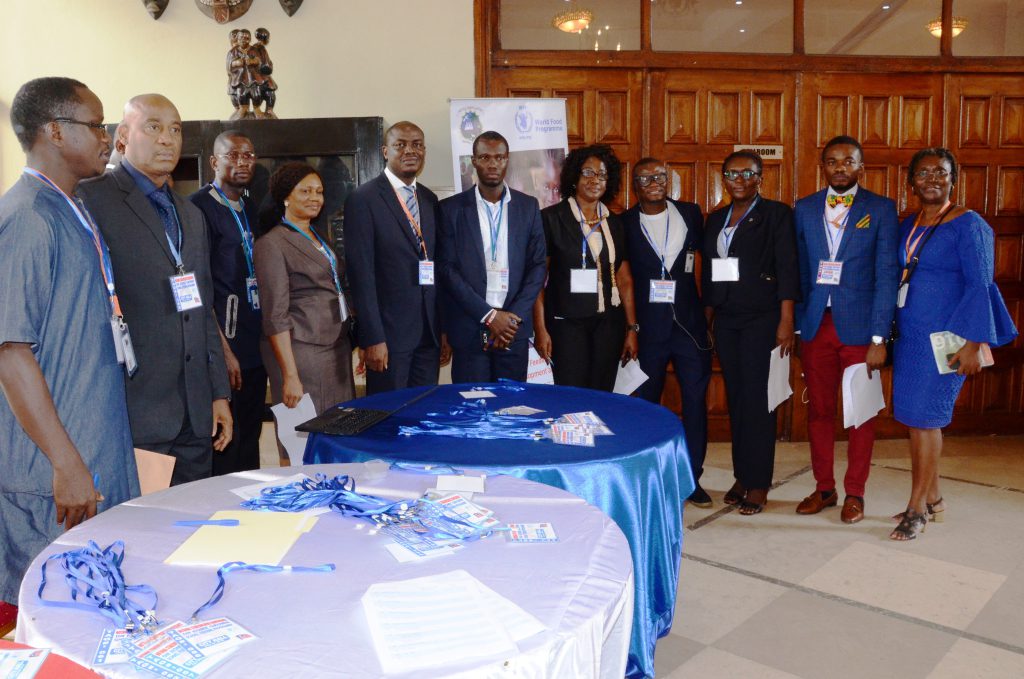
The Government of Liberia, UN, and partners held the National Stakeholder Conference in Home-Grown School Feeding on 27 July, to discuss school feeding’s potential as a critical driver of development in the country. The conference had the support of H.E. George W. Weah, president of Liberia, who was represented by the Country’s Foreign Minister Gbenzohngar Findley. Discussions focused on the necessary mechanisms to ensure the implementation of a national school feeding initiative.
The WFP Centre of Excellence against Hunger attended the event to present its South-South cooperation work, and school feeding experiences from other countries that could be a reference for the implementation of a home-grown school feeding programme in Liberia. Representatives from the government, parliament, African Union, WFP country office, United Nations agencies, development partners, NGOs, smallholder farmers, and private sector were also in attendance.
The Government of Liberia conducted a comprehensive Zero Hunger Strategic Review to assess and outline gaps and priority actions to help Liberia achieve Zero Hunger by 2030. This review identified home-grown school feeding as a key opportunity to address gaps in food security and nutrition amongst schoolchildren, as well as an opportunity to address challenges in the agricultural sector.

During the conference, participating stakeholders acknowledged that home-grown school feeding is a cost-effective programme, with potential to provide smallholder farmers with a steady, reliable market. By using food locally procured, the school feeding programme helps smallholders to progressively produce surplus for other consumer markets. The initiative has the potential to provide a long-term, sustainable solution to hunger in Liberia.
Another positive impact of school feeding is the improvement of educational indicators. Enrolment, retention and conclusion rates improve when children receive food in schools. Health and nutrition outcomes are also positive. Nadia Goodman, consultant of the WFP Centre of Excellence, shared some of the WFP Centre’s good experiences in supporting countries to design and implement home-grown school feeding initiatives.
Participants committed to supporting and strengthening the country’s home-grown school feeding programme, and to translating into action the decisions made during the conference. The Government of Liberia will continue to lead the dialogue at all levels and will advocate for the programme within government ministries, development partners and businesses. Liberia will also increase budgetary allocation for the programme, ensuring that the programme is linked to local smallholder farmers.
As next step, the government in collaboration with partners will establish a national multi-sectorial platform to coordinate the operationalization of the programme. They will develop a roadmap and design a national framework that includes predictable funding mechanisms. They will also engage in South-South cooperation activities to enhance human and institutional capacities in areas such as nutrition, education, health, agriculture, gender equality, and governance.




